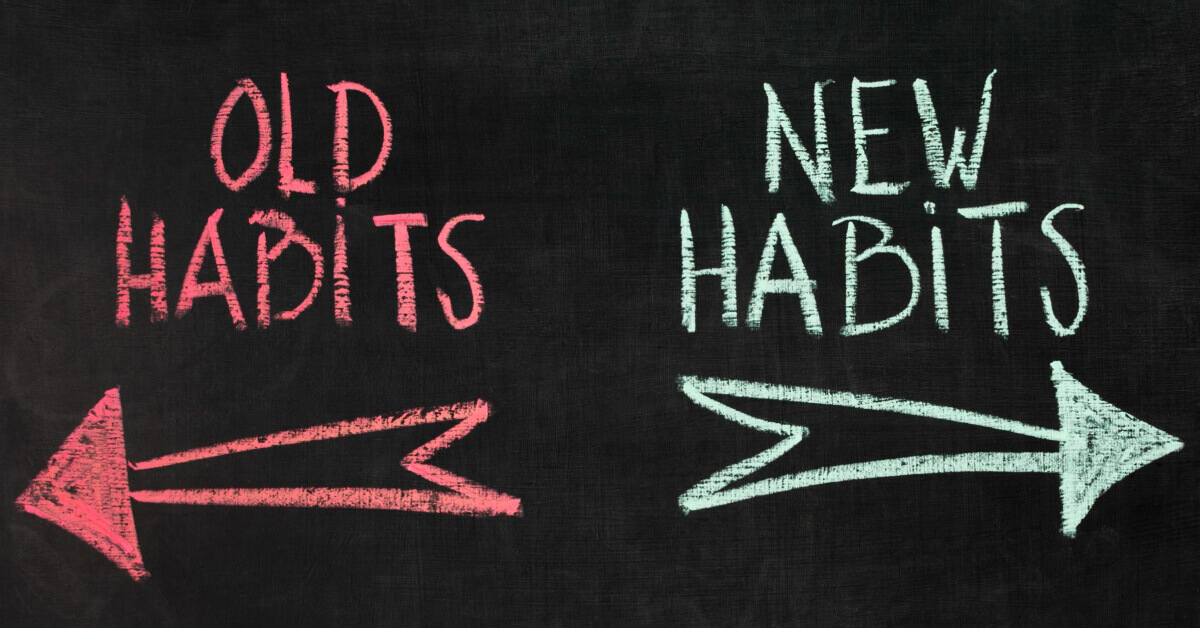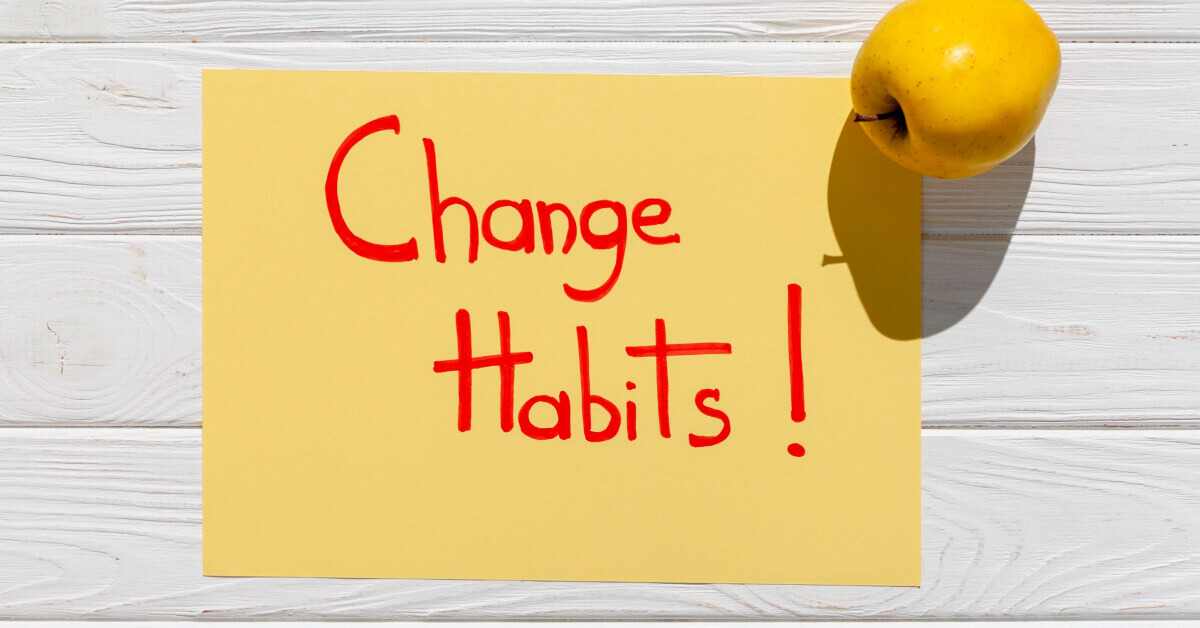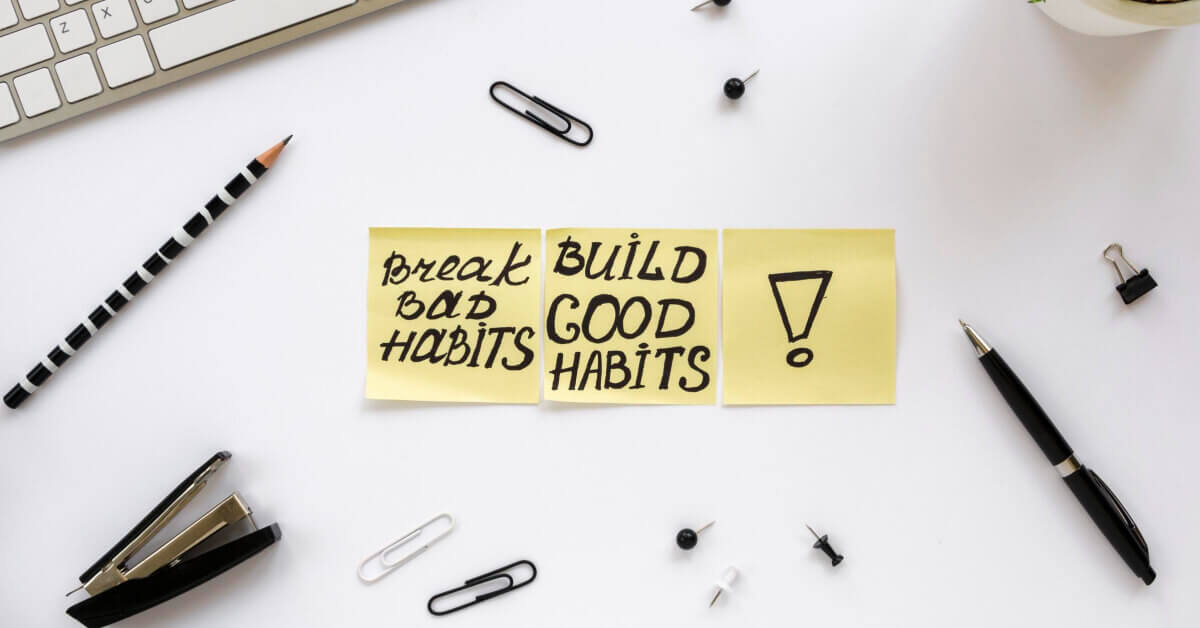
Most of us know that we have some bad habits that are standing in the way of us achieving what we want in life. We also know that we need to replace these with some empowering habits that will make the transition to a better life a lot easier.
If you really want to break your bad habits and form good ones that will change your life for the better then you need to understand how habits work. In this article we will look at the science behind habits so that you can understand them better and increase your chances of making a successful change in your life.
Habits Have Cues

All habits have cues. These are the things that trigger a specific habit within us. There are different categories of cues and the experts believe that they fall into five main categories which are:
- Your emotional state
- Specific times of the day
- What you see
- Where you are
- The influence of others
It is tough to change your response to these cues especially if you have habits that have been around for years. Most of the time we do not realize that our habits are being triggered by these cues.
There Is Always A Routine

As soon as you experience the right cue then you will go through a routine that means you will exhibit certain behavior or take specific actions. This is important because it provides you with the opportunity to replace a bad routine with a good routine.
This makes a lot of sense and makes the process of breaking your bad habits much easier if you replace the routine with something better. Habits have Rewards
All habits have a reward associated with them. You may not realize this but it is true. Each time you smoke a cigarette or eat junk food there is a reward attached to this. Smoking may make you feel relaxed for example. Even good habits have rewards such as cleaning your teeth makes your mouth and breath feel fresh.
You Crave Habits

Because you repeat your habits over and over you will receive your reward and then your brain will start to crave whatever the reward is. This craving strengthens the habit whether it is good or bad.
You are now aware of the habit neurological loop that will help you to break any bad habits that you have and form new ones that are good for you. It is a matter of addressing the cues, routines and rewards to make the changes that you desire.
3 Phases Of Forming A Habit

People that are successful in life perform routines that support their success. You may have read that it takes approximately 21 days to form a new habit but there is more to it than that. A number of research studies have concluded that it actually takes people 66 days on average to form a new habit.
So, let’s dive further into what the three phases are to habit formation which will help you on your journey to forming the new habits that you desire.
1. Honeymoon Phase

Imagine meeting someone and then falling in love with them. The world seems a much better place after this doesn’t it? Every new day is exciting and you are prepared to do anything to make this new person in your life happy. You never want this feeling to end but in the majority of cases it does unfortunately.
Then suddenly you get past this honeymoon stage and things don’t look so great any more. It is now becoming a chore for you to keep your new habit going. Congratulations, you have just entered the critical stage.
2. Critical Stage

This is not called the critical phase for nothing. It is the time when reality really starts to kick in and you question whether all of the time and effort that you are spending on your new habit is really worth it.
You must successfully navigate your way through the critical phase to continue with your new habit and make it stick.
The best way to survive the critical stage is to do the following:
- Be aware that you have entered the critical phase
- Ask yourself the right questions to refocus and take control of your emotions
- Visualize the big picture – how continuing with this new habit will change your life for the better in the future
3. Second Nature Phase

As you might expect, this phase means that your new habit has reached the stage of becoming second nature to you. This is a great place to be but you still need to be cautious here as you do not want to fall foul of these things that can put you back in the critical phase:
- Getting discouraged
- Having your new habit interrupted
- Feeling that you have already done enough
After that it is just a matter of carrying on until the new routine becomes an automatic habit.
You really need to work on your positive habits and to do that you will need to develop a strong success mindset and that is easier than you think; you may just need a few pointers to help you out along the way.
To that end, please check out the featured resource below as it features a free report that will help you to develop a strong mindset that can help propel you into the success you deserve. Download, read it and take action 😊





